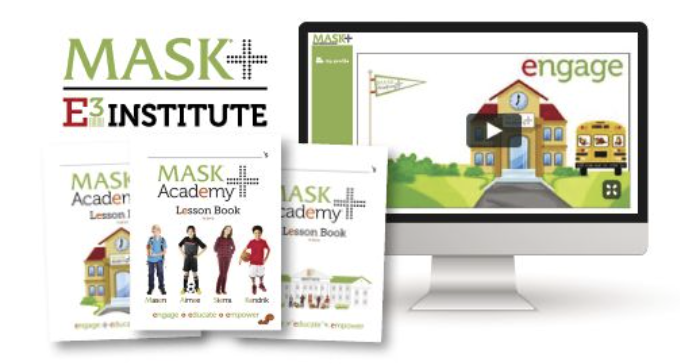
The Benefits of Ongoing Conversations About Substance Abuse with Your Child
June 17, 2024
Healthy Eating this Summer
June 21, 2024Raising kindful kids involves instilling empathy, compassion, and a sense of responsibility towards others. Here are some strategies to promote kindness in children:
- Lead by Example: Children often learn by observing their parents and caregivers. Demonstrate kindness in your own actions and interactions with others.
- Encourage Empathy: Help your children understand and empathize with others by encouraging them to imagine how others might feel in different situations.
- Teach Respect: Teach your children to respect people from all backgrounds, cultures, and abilities. Emphasize the importance of treating others with dignity and kindness.
- Practice Gratitude: Encourage your children to appreciate the things they have and to express gratitude for the kindnesses shown to them by others.
- Volunteer Together: Engage in community service activities as a family. Volunteering exposes children to different experiences and helps them understand the importance of giving back.
- Encourage Kindness in Interactions: Teach your children to use kind words and gestures in their daily interactions with others, such as saying please and thank you, offering compliments, and helping those in need.
- Discuss Feelings: Create a safe space for your children to talk about their emotions and experiences. Encourage open communication and validate their feelings.
- Set Clear Expectations: Establish clear expectations for behavior and reinforce the importance of kindness and compassion in your family values.
- Provide Opportunities for Problem-Solving: Help your children develop problem-solving skills by encouraging them to find constructive ways to resolve conflicts and navigate challenging situations with kindness.
- Celebrate Acts of Kindness: Recognize and praise your children when they demonstrate kindness towards others. Celebrating acts of kindness reinforces positive behavior and encourages them to continue being kind.
- Read Books About Kindness: Choose books and stories that emphasize kindness, empathy, and compassion. Discuss the themes of these books with your children to reinforce the importance of these qualities.
- Be Patient and Supportive: Recognize that teaching kindness is a gradual process that requires patience and support. Encourage your children to learn from their mistakes and guide them towards making kinder choices in the future.
By incorporating these strategies into your parenting approach, you can help cultivate kindness in your children and empower them to make a positive difference in the world.
To learn more tips and parenting subscribe to MASK The Magazine, parenting solutions for today’s families
Subscribe to MASK The Magazine
Or
Did you know that you can add past issues of MASK The Magazine and start your MASK Library –
Enroll your child or school in the MASK E3 Institute to equip them with the knowledge to make safe healthy and informed decisions.




